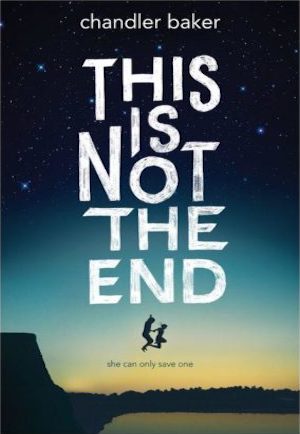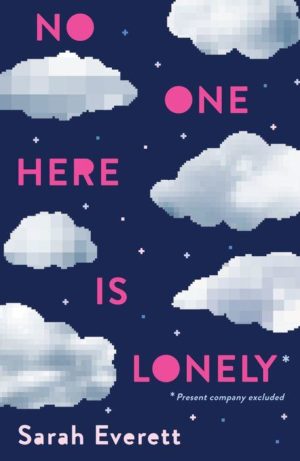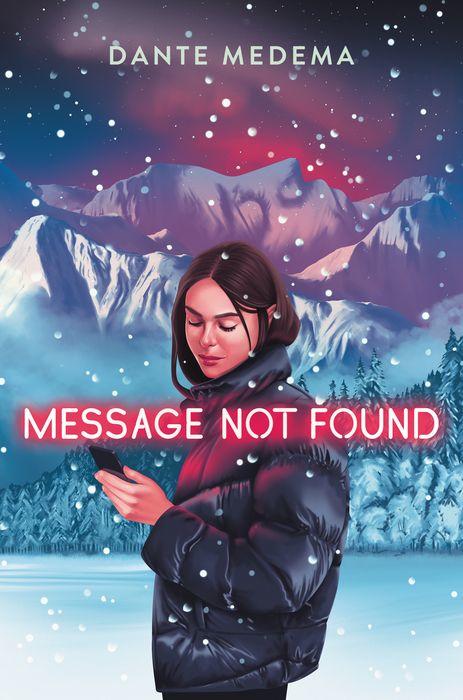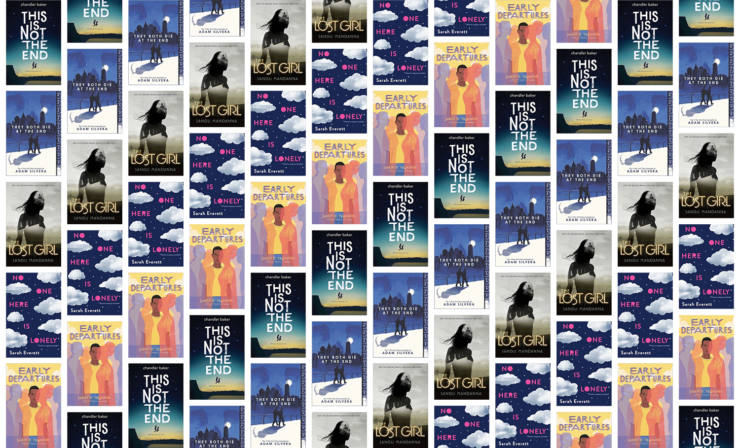Technology is at the forefront of our lives. If you’re reading this, you’re looking at a screen that you use for school or work as well as entertainment. We celebrate our wins and losses via social media, text our friends when we need to talk, and can buy almost anything without leaving the house. Technological advances impact the way we do everything. Even the way we grieve.
The very last thing my grandfather said to me was “I’ll text you. One day you’ll get a bunch of gobbledygook on your phone, and it’ll be me.”
This might not seem weird to everyone, but my grandpa still had a flip phone when he died in 2017. Even though the world had moved to text and email as its preferred method of communication, he insisted on snail mail and phone calls. The idea of him sending a text made me feel like I’d been dropped into an alternate universe.
A few days later, he was gone, but my life kept going. He lived on through replayed voicemails and my photos app, and I’d all but forgotten about his last words until the texts started.
It was months later. I was finally ready to handle some of his personal affairs, so I donated his van to non-profit. It felt strange. Like giving it away meant I had to acknowledge the truth. That even if he was all around me, as accessible as picking up my phone, he was gone. There I was, face full of tears as they towed the van away when I felt a familiar buzz in my back pocket. A cryptic text from an “UNKNOWN SENDER” that consisted of only three words, but would go on to inspire my next book.
Message Not Found.
Now listen. I understand technology. Logically, I knew this was an error in a system. A cell tower malfunction or issue with my phone service. But his last words kept replaying in my mind. I couldn’t help myself from holding on to a connection, seeing “Message Not Found” as “a bunch of gobbledygook.” The timing was too perfect. And what’s more… they kept coming.
The day I sent his drift boat to live at a summer camp, I got another text. When I made a tweet about the boat and the text that went with it, I got another. The day my first book sold at auction and when we had the 7.2 earthquake, I got a text. Even though I tell myself it’s nothing every time, I love the wave of comfort it brings me. Like he’s still out there somewhere and wants me to know he’s thinking of me too.
Technological advances like apps and texting have been part of books since people started using smartphones. I use these elements in Message Not Found—my YA novel about a girl who creates a chatbot to uncover a secret about her dead best friend. I’d love to share my favorite books that explore the intersection of grief and technology.
They Both Die at the End by Adam Silvera

They Both Die at the End asks a question that so many books before have asked: What would you do if you knew your time was up? It may be an old question, but the speculative technology in this book sets it apart. Imagine everyone got a text message 24 hours before they were supposed to die. What would you do with your last day on earth? For teens Mateo and Rufus, it means downloading Last Friend—an app for people who want company during their last hours. This book doesn’t just touch on the grief of one’s own death, but loss of loved ones, growing up in foster care, and complicated family dynamics.
Early Departure by Justin A. Reynolds

Anyone who has ever uttered the words “If I could just talk to them one more time” will love this book. Early Departure is a love letter to loss, about a boy named Jamal whose best friend Q dies unexpectedly. Enter technology: Q’s mother is offered a chance to bring him back for one more day, meaning Jamal will get to say goodbye. Of course, there’s always a catch. No one can tell Q that he died, making that goodbye even harder. Reynolds explores the moral quandaries with grieving via this type of technology, and paints a heartbreaking picture about what it means to lose someone while they’re right in front of you.
This Is Not the End by Chandler Baker

For Lake Deveraux, it’s not a question of if she should bring someone back from the dead, but who. Technological advances have allowed for this to happen, but population control prevents it from being widely used. Like everyone else, she’ll get to bring back one person when she turns 18—and she promised that opportunity to her brother years ago before he died. But with her birthday approaching, she finds herself asking if that’s the right thing to do, or if maybe there’s someone else she’d rather bring back. Almost as if it tackles the idea of reverse grief, or the concept of knowing there’s always a chance to come back, this story is bound to stick with its readers.
The Lost Girl by Sangu Mandanna

What if you were created just for the purpose of replacing someone if they were to die? In The Lost Girl, technological advances have made it possible for people to create a replica of someone, an alternate version of their loved ones called Echoes to take their place when they die. After studying Amarra for 15 years, Eva must move to India to take her place when she dies in a car accident. This story explores not only what it’s like to lose part of yourself, but to hold space for other people’s grief.
No One Here Is Lonely by Sarah Everett

When Eden is going through a particularly hard time, she calls someone unexpected: the object of her unrequited love, Will. He’s kind, sweet, listens to her, and oh yeah: He’s dead. Thanks to In Good Company, a service that allows people to talk to those that have opted to become “Cognitive Donors” to provide companionship for the living after they’re gone. This book asks a lot of questions about what it means to love someone after they’re gone and a wonderful portrayal of nonlinear grief.
Buy the Book


Message Not Found
Dante Medema is an author of books for young readers. Her debut The Truth Project was an Indies Introduce title and an Indies Next List Pick. She lives in Anchorage, Alaska, with her husband, four daughters, and a room full of alien memorabilia—and books, of course. When she’s not writing, she dabbles in baking, decorating, painting, sewing, and reading up on Enneagram personality types.










